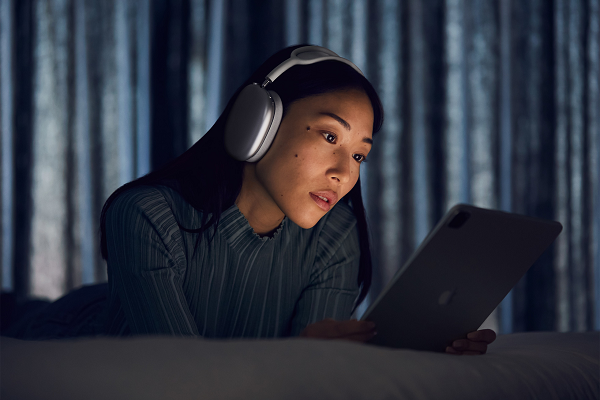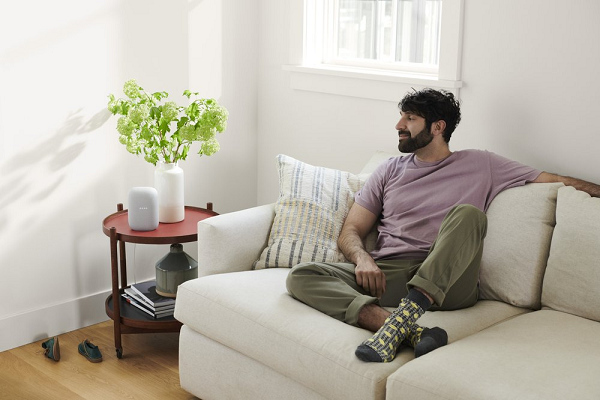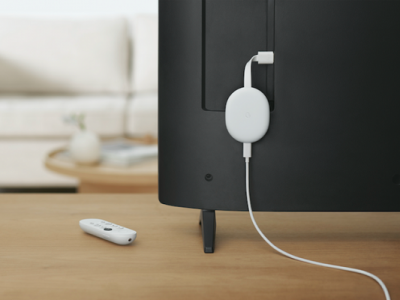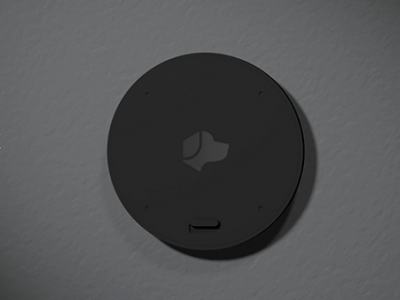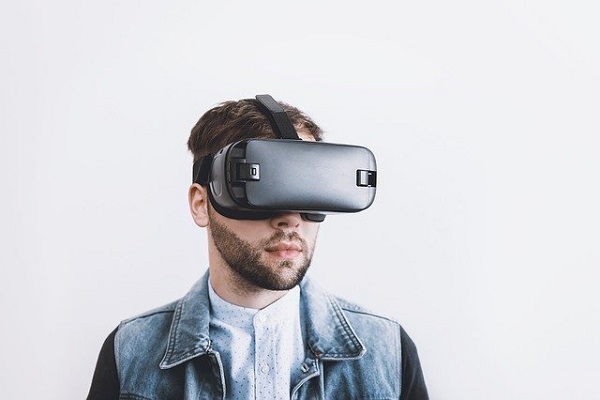

Google has increased its plans to have an augmented reality headset or smart glasses called Iris, based on rumors first reported by The Verge. The headset is anticipated to be released in 2024 appearing like ski goggles and combine visual and audio interactions. The half-glasses half-headset design will likely develop we've got the technology acquired from North, the manufacturers of Focals by North smart glasses when Google acquired it in 2023.
Project Iris
The devices explained the report describe a tool with in-built visual displays, in addition to cameras to provide a video feed of the world. The precise features continue to be within the works, but the hardware features a custom Google processor running either Android or perhaps a new operating system unique to the device. The Google Pixel smartphone team is allegedly active in the development though that may not maintain the ultimate name. There is a lot of secrecy around Iris despite plans to hire hundreds more and more people past the approximately 300 already working there. Vice president of Labs Clay Bavor is overseeing Iris, continuing his work on Google on virtual and augmented reality projects, including Google Cardboard and also the Daydream VR platform. Bavor also manages the region 120 product incubator and Project Starline, which is focusing on a hyperrealistic 3D video chat booth. Bavor's team of leaders in augmented reality focusing on Iris includes Google Assistant creator Scott Huffman, suggesting that the voice assistant will be a crucial component of getting together with the device.
North Focus
Google's purchase of North in 2023 scooped up North's portfolio of patents, including those acquired from Intel in 2023. Intel planned to make use of that tech in the canceled Vaunt smart glasses, and North integrated the concepts into its own product. Most people from North are still at Google, contributing to the likelihood of its tech being part of Iris.
The advent of Google's next consumer-focused smart glasses a dozen years following the Google Glass failed so spectacularly marks a notable shift in the. From 'Glassholes' consigning google's Glass to enterprise purposes only, smart glasses are on the upswing. They're somewhat divided into people with visual elements and people who only have audio interactions. Anker's new Soundcore smart glasses, Huawei's Eyewear II, the Amazon Echo Frames, and the Ray-Ban Stories built with Facebook all forego visuals for audio. Xiaomi's feature-packed smart glasses are a rare example of visual smart glasses targeted at consumers. Still, if Google sees a spot for Iris in the market, the competition may heat up very quickly.


